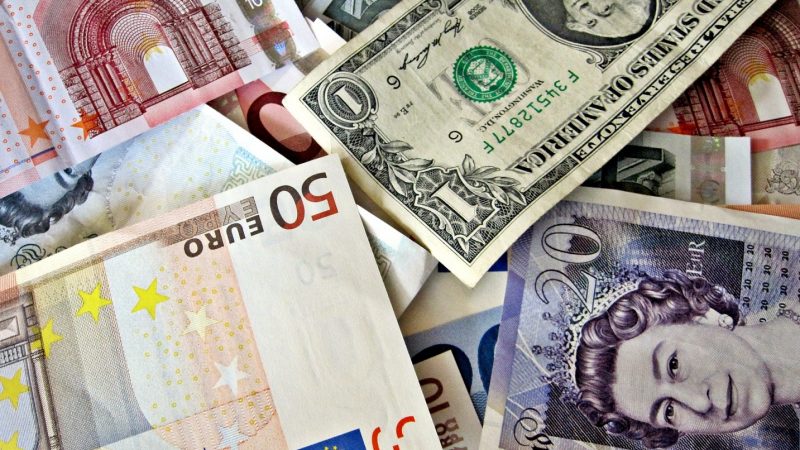The ultra-rich are only getting richer

A new statistic has revealed just how stark global inequality is, and how a small number of ultra-wealthy men are amassing huge fortunes. According to research by Oxfam, the world’s five richest men have more than doubled their fortunes since 2020.
The statistic was revealed as part of the NGO’s new report – Inequality Inc. – published as the world’s business elites gather for the World Economic Forum in Davos.
Oxfam has also found that while the mega-rich have been amassing ever greater fortunes, the wealth of the poorest 60 per cent of the world’s population – almost five billion people – has fallen.
The five richest men have increased their wealth from £321 billion to £869 billion since 2020. Oxfam says that if current trends continue, the world will have its first trillionaire within a decade, but poverty won’t be eradicated for another 229 years.
Oxfam’s report looks at how the increasing wealth of billionaires and rising corporate power are interconnected. The report reveals that seven out of ten of the world’s biggest corporations have a billionaire as CEO or principal shareholder. These corporations are worth $10.2 trillion (£8.1 trillion), equivalent to more than the combined GDPs of all countries in Africa and Latin America.
Oxfam also found that the world’s richest 1 per cent own 43 per cent of all global financial assets.
Meanwhile, Oxfam says that since 2020, average real wages of nearly 800 million workers have fallen in 52 countries. These workers have lost a combined £1.2 trillion over the last two years, equivalent to nearly a month (25 days) of lost wages for each worker.
Aleema Shivji, Oxfam’s interim Chief Executive said “These extremes cannot be accepted as the new norm, the world can’t afford another decade of division. Extreme poverty in the poorest countries is still higher than it was pre-pandemic, yet a small number of super-rich men are racing to become the world’s first trillionaire within the next ten years.
“This ever-widening gulf between the rich and the rest isn’t accidental, nor is it inevitable. Governments worldwide are making deliberate political choices that enable and encourage this distorted concentration of wealth, while hundreds of millions of people live in poverty. A fairer economy is possible, one that works for us all. What’s needed are concerted policies that deliver fairer taxation and support for everyone, not just the privileged.”
Oxfam says that progressive taxes on wealth would be one of the solutions for governments to both reduce inequality and raise vital revenue for public investment. A wealth tax on British millionaires and billionaires at a rate of between one to two per cent on net wealth above £10 million, could generate £22 billion each year, the NGO claims.
Julia Davies, from Patriotic Millionaires UK – a group of British millionaires campaigning for a wealth tax – said: “Only 4 pence in every tax pound comes from taxes on wealth. It is miniscule, especially when compared to income at 42 pence in the pound. I am fortunate enough to be able to contribute more and want to do so. People argue that millionaires like me can just donate more voluntarily to the Treasury – but this clearly isn’t a solution. Just like income taxes, wealth taxes should be mandatory, not optional.
“Just imagine what £22 billion a year invested in public services and infrastructure could pay for; improving the lives of every one of us who live in the UK and providing our elderly, young and vulnerable with the care and support they need and deserve. Investment in a green economy, improving our care services and giving every child, whatever their background, the chance to succeed. It’s time to stop treating taxation of wealth as off the table and get on with using it to invest in building the future the British people deserve.”
Chris Jarvis is head of strategy and development at Left Foot Forward
Left Foot Forward doesn't have the backing of big business or billionaires. We rely on the kind and generous support of ordinary people like you.
You can support hard-hitting journalism that holds the right to account, provides a forum for debate among progressives, and covers the stories the rest of the media ignore. Donate today.



